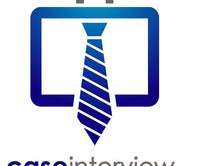The Role of Consultants in an AI-Driven World
Tom Spencer
MARCH 24, 2023
This is the third of a seven-part series looking at artificial intelligence and its implications for the consulting industry. Emotional Intelligence As a consultant, I have seen firsthand the unique value that consultants bring to the table. One of the key areas in which we excel is emotional intelligence.














Let's personalize your content